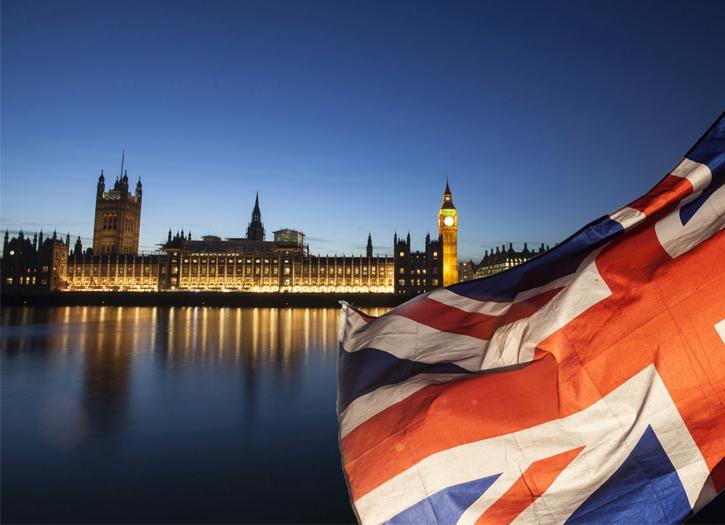The virus reached the country in late January 2020. As of 6 October 2020, there have been 515,571 confirmed casesand 42,369 deaths of confirmed cases, the world’s tenth-highest death rate per hundred thousand population.There were 57,931 deaths where the death certificate mentioned COVID-19 by 25 September. More than 90% of those dying had underlying illnesses or were over 60 years old. The infection rate is higher in care homes than in the community. There has been large regional variation in the outbreak’s severity.
In March, the UK government imposed a stay-at-home order, dubbed “Stay Home, Protect the NHS, Save Lives”, banning all non-essential travel and contact with people outside one’s home (including family and partners), and shutting almost all schools, business, venues, facilities, amenities and places of worship. Those with symptoms, and their households, were told to self-isolate, while those with certain illnesses were told to shield themselves. People were told to keep apart in public.It was forecast that lengthy restrictions would severely damage the UK economy, worsen mental health and suicide rates,and cause additional deaths due to isolation, delays and falling living standards.
12 March: The total of cases in the UK was reported to be 590.On the same day, the UK CMOs raised the risk to the UK from moderate to high13 March: The 2020 United Kingdom local elections were postponed for a year.16 March: Prime Minister Boris Johnson advised everyone in the UK against “non-essential” travel and contact with others, as well as suggesting people should avoid pubs, clubs and theatres, and work from home if possible. Pregnant women, people over 70 and those with certain health conditions were urged to consider the advice “particularly important”, and would be asked to self-isolate within days.
On 6 September, concerns were raised over an increased number of cases in the preceding few days, a trend that continued into the following week.On 8 September, the government published new social distancing rules to come into effect in England from 14 September, wherein all gatherings of separate households would be restricted to groups of six or few people (the so-called “rule of six”), excluding work or educational settings. On 9 September, these rules were further elaborated in a government press conference, alongside details of new legal requirements for data gathering on behalf of venues, social distancing “marshals” to enforce restrictions. On 4 October, Public Health England made a further announcement that 15,841 cases had been left out of the daily case figures between 25 September and 2 October .
The four UK CMOs raised the UK’s risk level from low to moderate on 30 January 2020, upon the WHO’s announcement of the disease as a Public Health Emergency of International Concern.As soon as cases appeared in the UK on 31 January 2020, a public health information campaign, similar to the previous “Catch it, Bin it, Kill it” campaign, was launched in the UK, to advise people how to lessen the risk of spreading the virus.Travellers from Hubei province in China, including the capital Wuhan, were advised to self-isolate.
Initially, Prime Minister Boris Johnson largely kept Britain open, resisting the kind of lockdowns seen elsewhere in Europe. In a speech on 3 February, Johnson’s main concern was that the “coronavirus will trigger a panic and a desire for market segregation that go beyond what is medically rational to the point of doing real and unnecessary economic damage”.On 11 February, a “senior member of the government” told the ITV journalist Robert Peston that “If there is a pandemic, the peak will be March, April, May” and, further, that “the risk is 60% of the population getting it. With a mortality rate of perhaps just over 1%, we are looking at not far off 500,000 deaths.”
The pandemic was widely disruptive to the economy of the United Kingdom, with most sectors and workforces adversely affected. Some temporary shutdowns became permanent; some people who were furloughed were later made redundant.The economic disruption has had a significant impact on people’s mental health — with particular damage to the mental health of foreign-born men whose work hours have been reduced/eliminated








Add Comment